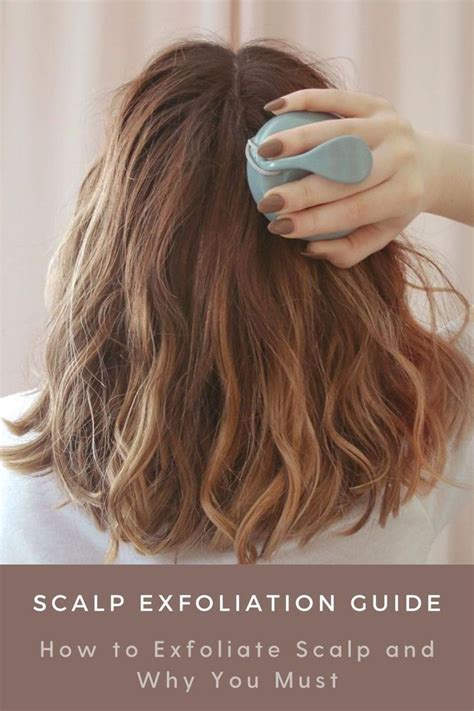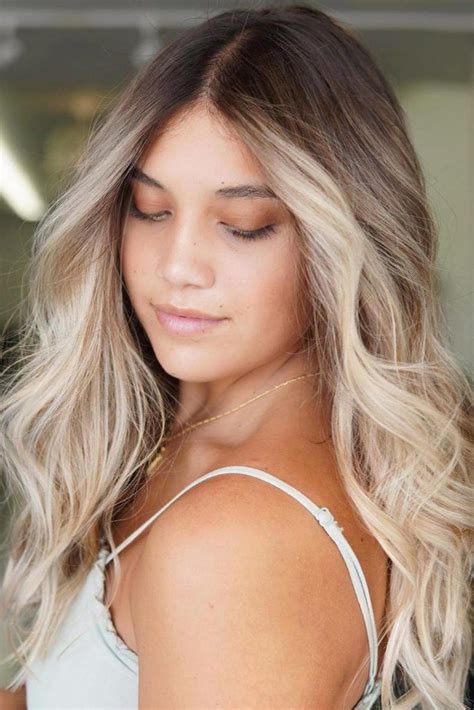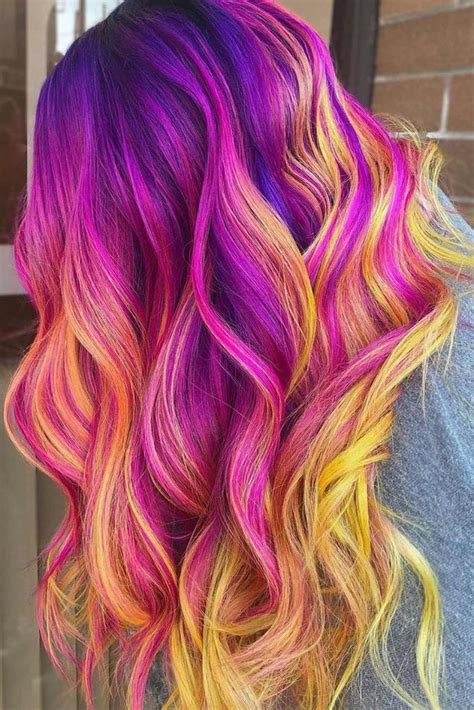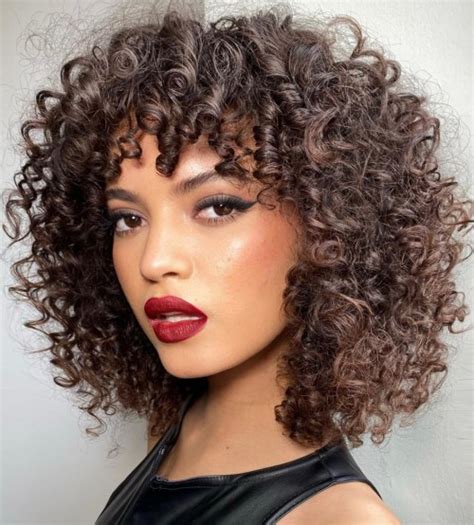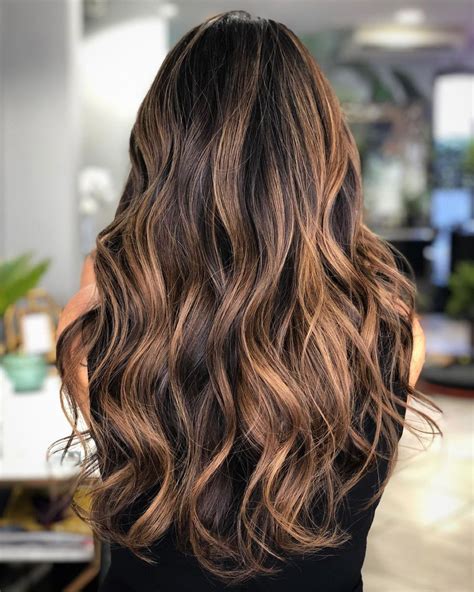Discover the benefits and techniques of scalp exfoliation, along with tips for choosing the right products and ensuring safe and effective exfoliation.
Understanding Scalp Exfoliation
Contents
Scalp exfoliation is a process that involves removing dead skin cells from the scalp to promote a healthy scalp environment and encourage hair growth. This can be achieved through various techniques and products that are designed to cleanse the scalp and improve its overall health.
One of the main reasons to exfoliate the scalp is to unclog hair follicles, which can become blocked by product buildup and dead skin cells. When these follicles are clogged, it can lead to issues such as dandruff, itching, and a lack of hair growth. By exfoliating the scalp, you can remove these blockages and create a clean and healthy environment for hair to grow.
Another benefit of scalp exfoliation is that it can help to improve the effectiveness of other haircare products. When the scalp is clean and free from debris, products such as shampoos, conditioners, and treatments can penetrate the scalp more effectively, providing better results for the hair.
There are a variety of different exfoliation techniques that can be used to cleanse the scalp, including physical exfoliants such as scalp brushes and scrubs, as well as chemical exfoliants like AHAs and BHAs. Each of these techniques has its own benefits and drawbacks, so it’s important to choose the right method for your hair and skin type.
Overall, understanding scalp exfoliation is an important step in maintaining a healthy scalp and promoting optimal hair growth. By incorporating scalp exfoliation into your regular haircare routine, you can ensure that your scalp remains clean and healthy, and that your hair looks its best.
Benefits of Scalp Exfoliation
Scalp exfoliation is a crucial part of a healthy hair care routine, and it offers a wide range of benefits for both your scalp and hair. One of the key advantages of scalp exfoliation is that it helps to remove build-up of dead skin cells, excess oil, and product residue from the scalp. By doing so, it unclogs the hair follicles, allowing for better oxygenation and nutrient absorption, which in turn promotes hair growth and prevents hair loss.
Moreover, scalp exfoliation stimulates blood circulation in the scalp, enhancing the delivery of essential nutrients to the hair follicles. This can result in improved hair texture, strength, and overall scalp health. Regular exfoliation also helps to balance the scalp’s pH levels, reducing the likelihood of dandruff, itchiness, and other scalp conditions. Additionally, by creating a clean and healthy environment for the hair to grow, scalp exfoliation can contribute to the effectiveness of other hair care products and treatments.
Furthermore, exfoliating the scalp can help to prevent the build-up of styling product residues and environmental pollutants, which can often lead to dull and lifeless hair. By promoting a clean and clear scalp, exfoliation can lead to shinier, healthier-looking hair. Overall, the benefits of regular scalp exfoliation are numerous and can significantly contribute to the overall health and appearance of your hair.
Different Scalp Exfoliation Techniques
Different Scalp Exfoliation Techniques
When it comes to scalp exfoliation, there are various techniques that can be used to effectively remove dead skin cells, excess oil, and product buildup from the scalp. One popular technique is physical exfoliation, which involves using a scalp scrub or brush to gently massage the scalp and loosen debris. Another technique is chemical exfoliation, which involves using products containing alpha hydroxy acids or beta hydroxy acids to dissolve dead skin cells and promote cell turnover.
Additionally, scalp steaming can also be used as a technique to help with exfoliation. This process involves applying steam to the scalp to help soften dead skin cells and make it easier to remove them. In some cases, scalp exfoliation techniques may also involve using a combination of physical and chemical methods to achieve the best results.
It’s important to note that not all scalp exfoliation techniques are suitable for everyone, as individual skin types and conditions may require different approaches. For example, individuals with sensitive skin may need to opt for gentler exfoliation techniques, while those with oily or flaky scalps may benefit from more intensive methods.
Before embarking on a scalp exfoliation routine, it’s recommended to consult with a dermatologist or trichologist to determine the most suitable exfoliation techniques for your specific scalp needs. This will help ensure that the chosen technique is safe and effective for your scalp type, and can help prevent any potential damage or irritation to the scalp.
In conclusion, there are various scalp exfoliation techniques available, each with its own set of benefits and considerations. Whether you opt for physical exfoliation, chemical exfoliation, or a combination of both, it’s important to choose a technique that aligns with your scalp type and needs, and to seek professional guidance when in doubt.
Choosing the Right Exfoliating Products
When it comes to choosing the right exfoliating products for your scalp, it’s important to consider your specific scalp type and any existing scalp conditions. If you have a sensitive scalp, you’ll want to opt for gentle exfoliating products that won’t cause irritation or inflammation. On the other hand, if you have a dry scalp, look for exfoliating products that contain moisturizing ingredients to help hydrate and nourish your skin.
It’s also essential to consider the ingredients used in exfoliating products. Avoid products that contain harsh chemicals or artificial fragrances, as these can further irritate the scalp and cause dryness. Instead, look for natural ingredients such as fruit acids, oatmeal, or sugar, which can effectively exfoliate the scalp without causing damage.
Another factor to consider is the formulation of the exfoliating product. Some products come in the form of scrubs, while others may be in the form of masks or serums. Choose a formulation that aligns with your preferences and fits into your skincare routine. Additionally, consider the frequency of use – some exfoliating products are designed for daily use, while others may be intended for weekly or bi-weekly application.
Consulting a dermatologist or skincare professional can also be helpful in choosing the right exfoliating products for your scalp. They can assess your scalp condition and recommend specific products tailored to your needs. This personalized approach can ensure that you are using products that are safe and effective for your scalp, minimizing the risk of adverse reactions or complications.
Tips for Safe and Effective Scalp Exfoliation
When it comes to scalp exfoliation, it’s important to keep in mind that safety should be your number one priority. To ensure that your exfoliation process is effective and safe, there are some tips you should follow.
First and foremost, it’s crucial to choose the right exfoliating products for your scalp. Look for products that are specifically designed for scalp exfoliation and are gentle enough for regular use. Avoid using harsh scrubs that can cause irritation or damage to the scalp.
Additionally, it’s important to be gentle when exfoliating your scalp. Avoid applying too much pressure, as this can cause more harm than good. Use gentle, circular motions to massage the exfoliating product into your scalp, ensuring that you cover the entire area.
It’s also recommended to follow up scalp exfoliation with a hydrating and soothing conditioner or treatment. This will help to replenish any moisture that may have been lost during the exfoliation process, keeping your scalp healthy and balanced.
Finally, be consistent with your scalp exfoliation routine. Regular exfoliation can help to prevent buildup and promote a healthy scalp, so aim to incorporate scalp exfoliation into your hair care routine on a weekly or bi-weekly basis.

